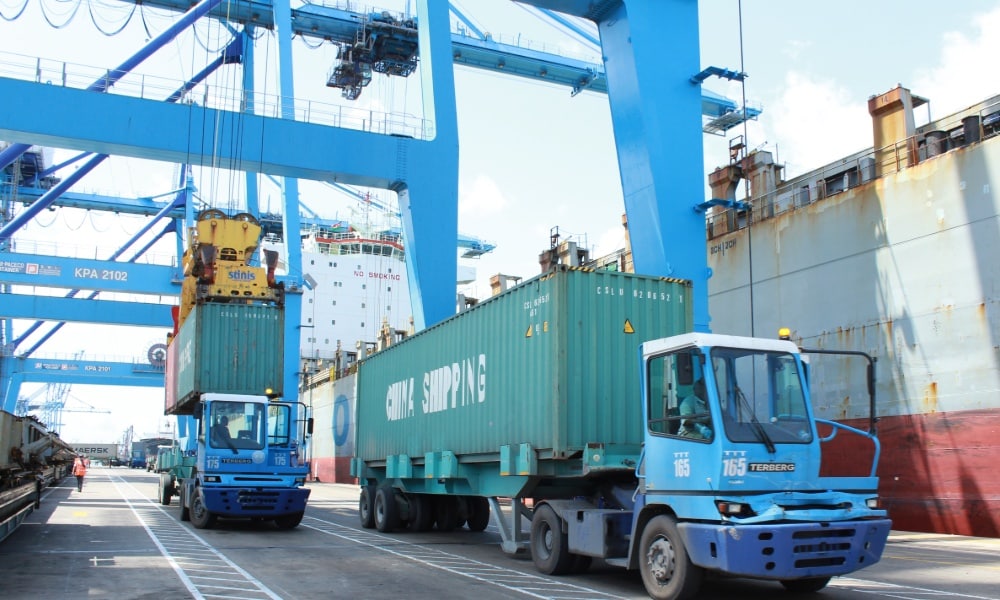Kenya launches liner anti-trust investigation
Kenya's Competition Authority Investigates Shipping Giants

The Competition Authority of Kenya (CAK) has initiated a thorough investigation into several multinational companies in the shipping and logistics sector. This action follows serious allegations of market abuse, collusion, and discriminatory practices that have sidelined local businesses. The inquiry was prompted by complaints from the Kenya Transporters Association and the Kenya International Freight and Warehousing Association, which assert that foreign firms dominate the logistics landscape despite local companies owning the majority of trucking assets.
Allegations of Market Abuse and Collusion
The investigation centers around claims that multinational companies control over 70% of logistics contracts in Kenya through exclusive agreements and vertically integrated operations. This has left local firms at a significant disadvantage, even though they hold 90% of trucking assets. The Kenya Transporters Association had previously sought legislative intervention by petitioning the National Assembly’s Departmental Committee on Trade in March of last year. They highlighted the dominance of major players such as Maersk, CMA CGM, MSC, and PIL in the logistics value chain, which they argue marginalizes local businesses. Their proposal to reserve 60% of logistics contracts for local firms was ultimately rejected by CAK due to existing laws against such market allocation schemes.
In mid-2024, following a directive from Kenya’s National Assembly, CAK conducted a market screening that led to the full investigation targeting ocean freight shipping, clearing and forwarding, and trucking services. The scope of this probe extends beyond the shipping companies to include non-shipping firms like Bamburi Cement, East African Breweries Limited, and British American Tobacco. Allegations against these multinationals include securing closed agreements that prevent local competitors from entering critical markets, implementing uniform charges for terminal handling, and preferential treatment of affiliates. Moreover, the investigation looks into claims of delayed documentation processing, inflated demurrage fees, and practices that bypass independent service providers.
India Permits Crew to Depart After Year of Detention in Smuggling Case
The Landscape of Logistics in Kenya
Data from the Kenya Ports Authority (KPA) indicates that Maersk and CMA CGM held market shares of 35% and 25%, respectively, in 2023. Together, these companies dominate Mombasa Port, controlling over 90% of containerized cargo. Despite no single company surpassing a 50% market share, CAK argues that the influence of Maersk and CMA CGM is substantial enough to warrant scrutiny for potential abuse of their market position.
Furthermore, the Kenya International Freight and Warehousing Association has accused these multinationals of employing predatory practices, such as leveraging sensitive information to poach customers and offering unfair discounts to affiliates. Previous legislative attempts to regulate these practices were deemed unconstitutional. As CAK’s investigation unfolds, it is expected to conclude by September 30, 2025, with significant implications for the future of Kenya’s logistics sector.
